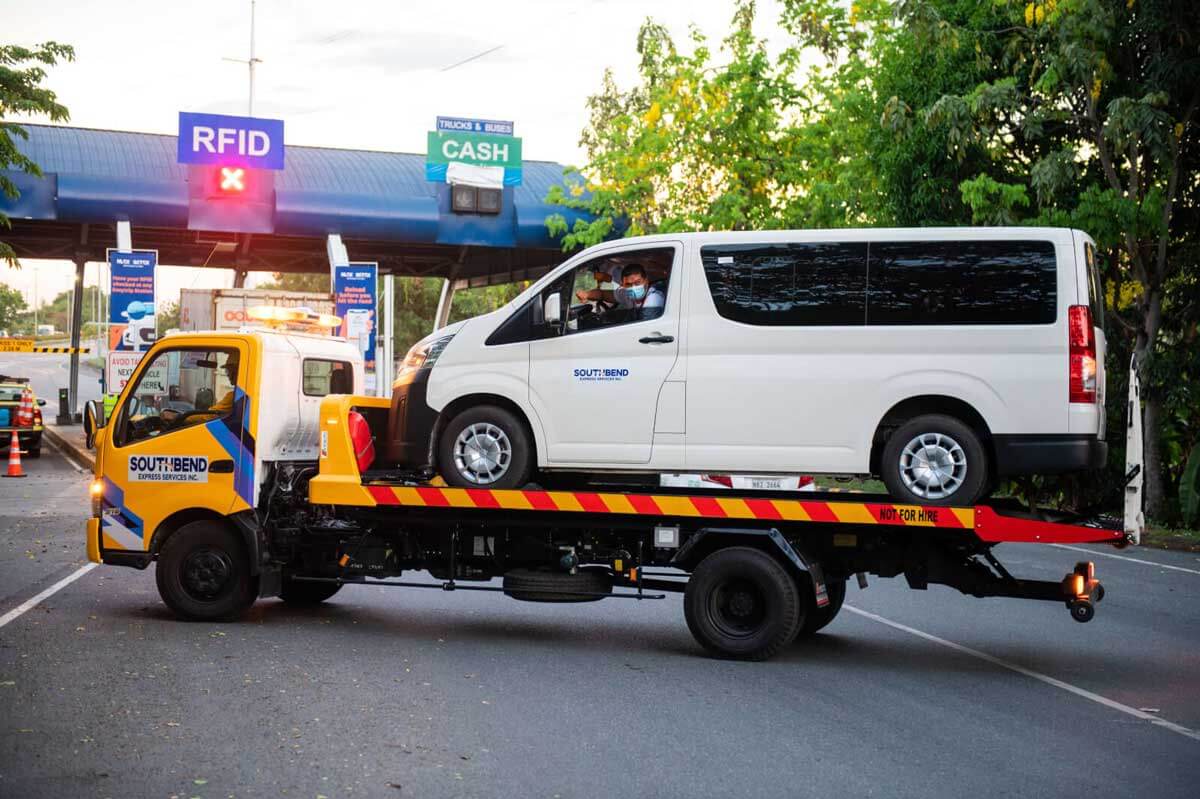

Towing service involves transporting vehicles to a designated location due to breakdown, accident, illegal parking, or impounding for traffic violations. Towing services contribute significantly to traffic enforcement and safety by helping ensure that roadways are secure, free from obstructions, and accessible to other drivers, pedestrians, and emergency vehicles.
When a car experiences a breakdown due to mechanical issues or accidents, a towing service offers a reliable solution by promptly and safely transporting the vehicle to a designated location. Most towing companies are equipped with specialized vehicles and equipment to handle various types of cars. With the assistance of towing services, riders can minimize further vehicular damage and prevent potential hazards on the road.
Various laws and regulations have been implemented to oversee towing services, aiming to uphold legal and ethical protections, protect vehicle owners' rights, and prevent unfair practices. Government agencies and traffic authorities are responsible for regulating towing services, traffic management, and accident investigation on major expressways, like the North Luzon Expressway (NLEX) and the Subic-Clark-Tarlac Expressway (SCTEX).
There are several types of tow trucks that vehicle owners should be aware of, including:
Towed vehicles on NLEX and SCTEX are brought to the traveler’s preferred destination, nearest expressway exit, or at NLEX and SCTEX service centers. The fees associated with the towing services may differ based on the distance traveled and the vehicle classification.
A car may have to be towed for several reasons, including:
Towing fees in the Philippines can differ based on the vehicle classification and the particular breakdown situation. Towing rates for NLEX and SCTEX are as follows:
When a motorist requires towing on an expressway, they will be transported to the nearest exit. The subsequent rate mentioned above will be applicable once the vehicle exits the expressway.
Prior to the towing process of the vehicle, the tow truck operator must provide a Technical Inspection Report containing pertinent information, such as the owner's name, the vehicle's plate number, type, color, and accessories, as well as an outline of the vehicle's condition. In the event of any losses or damage sustained by the vehicle during the towing operation, it is the responsibility of the towing company or agency to address and cover the costs.
How Do I Know If My Towing Service is Accredited?
Towing service providers in Metro Manila adhere rigorously to specific vehicle towing guidelines and standards. To ensure the reliability of the towing service, motorists should check whether the towing crew is dressed appropriately, and their ID cards can be seen clearly. Alternatively, they can search online for accredited towing companies. Traffic management agencies carefully screen and certify towing companies in the Philippines to ensure they are familiar with roadwork requirements and provide motorists with efficient and high-quality services.
While needing a towing service means there’s trouble, it is important to stay vigilant and remember these things to avoid more problems:
Savvice Corporation, or simply SAVVICE, is a full-on end-to-end service provider that provides comprehensive and effective towing services across Metro Pacific Tollway Corp. (MPTC) expressways—NLEX, SCTEX, CAVITEX, C5 Link, NLEX Connector, CALAX—with a commitment to customer satisfaction.
Starting from providing general services in 199, SAVVICE (formerly Southbend Express Services Inc.) has grown and expanded its services to roadways assistance and maintenance, facilities maintenance, fleet services, and many more. SAVVICE is a subsidiary of MPT Mobility, the innovations arm of Metro Pacific Tollways Corp. (MPTC).
For more information on SAVVICE, visit their website www.savvice.com.ph.